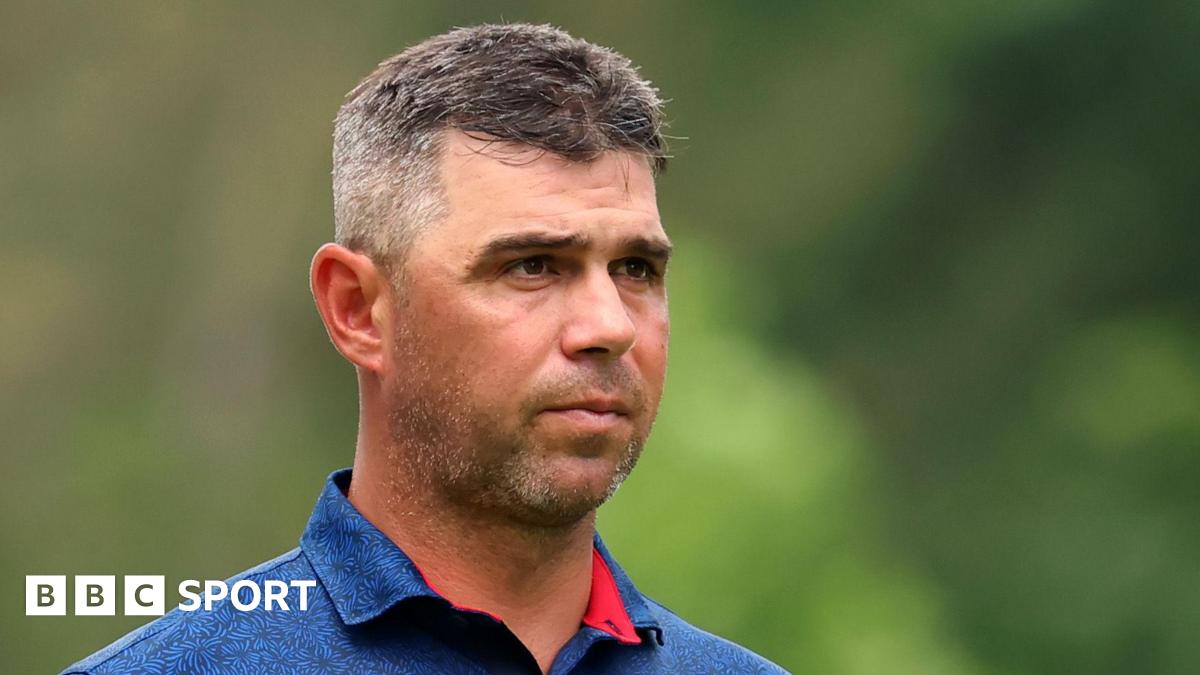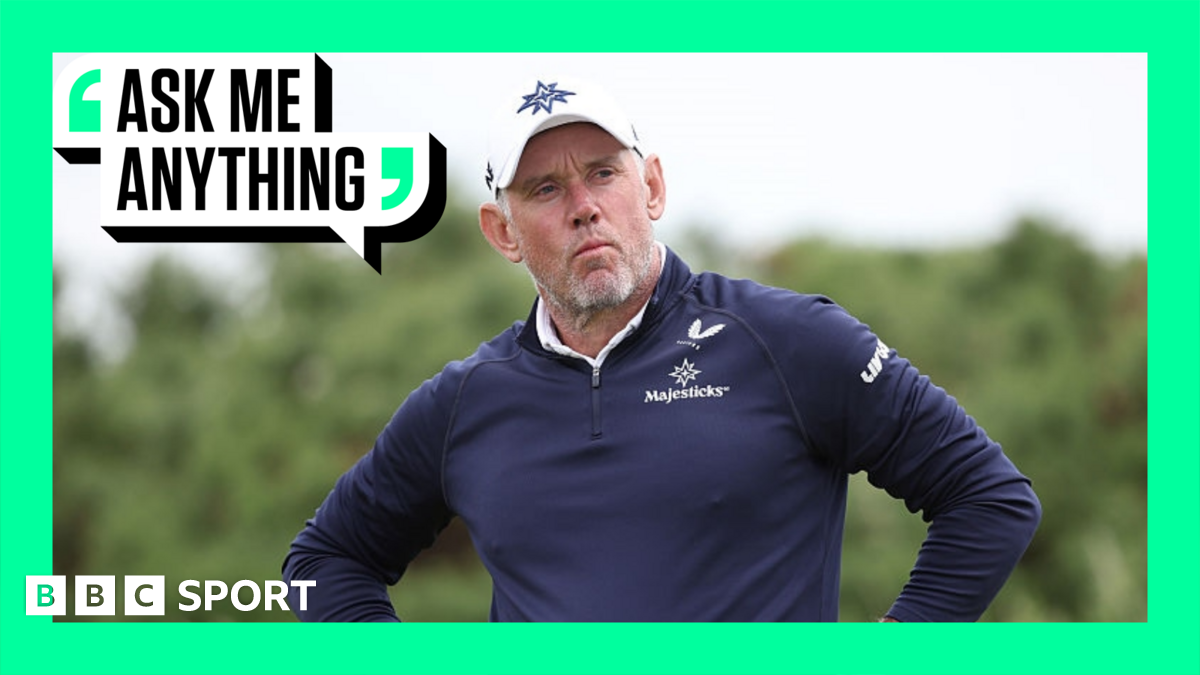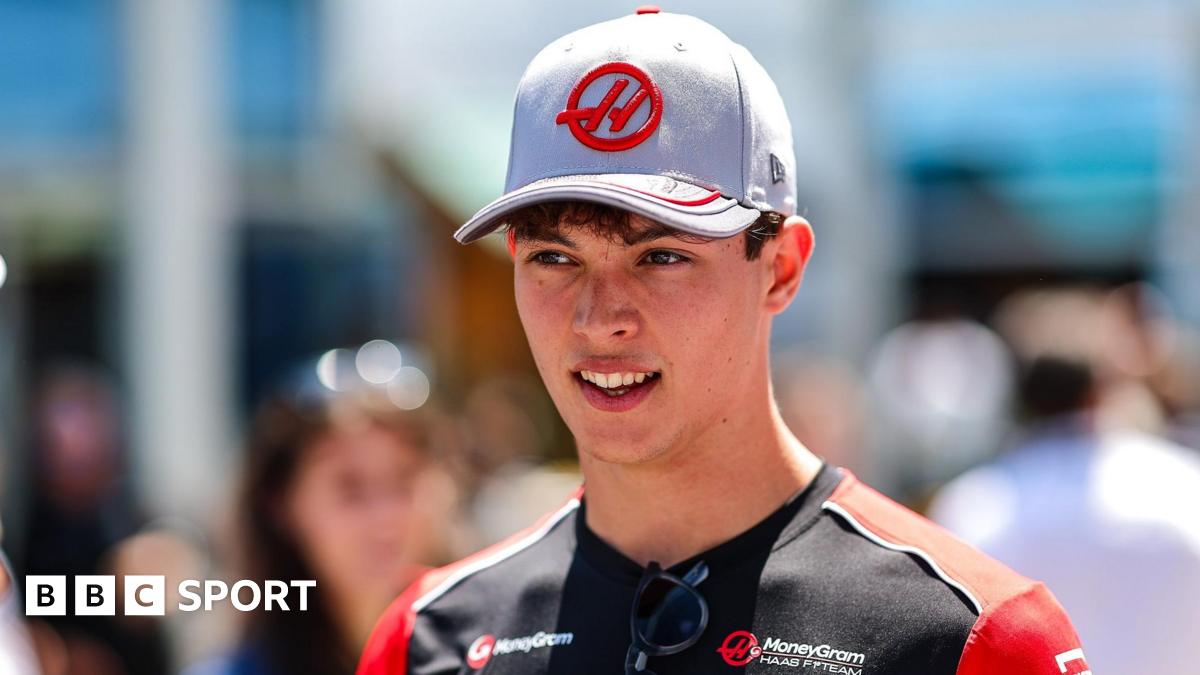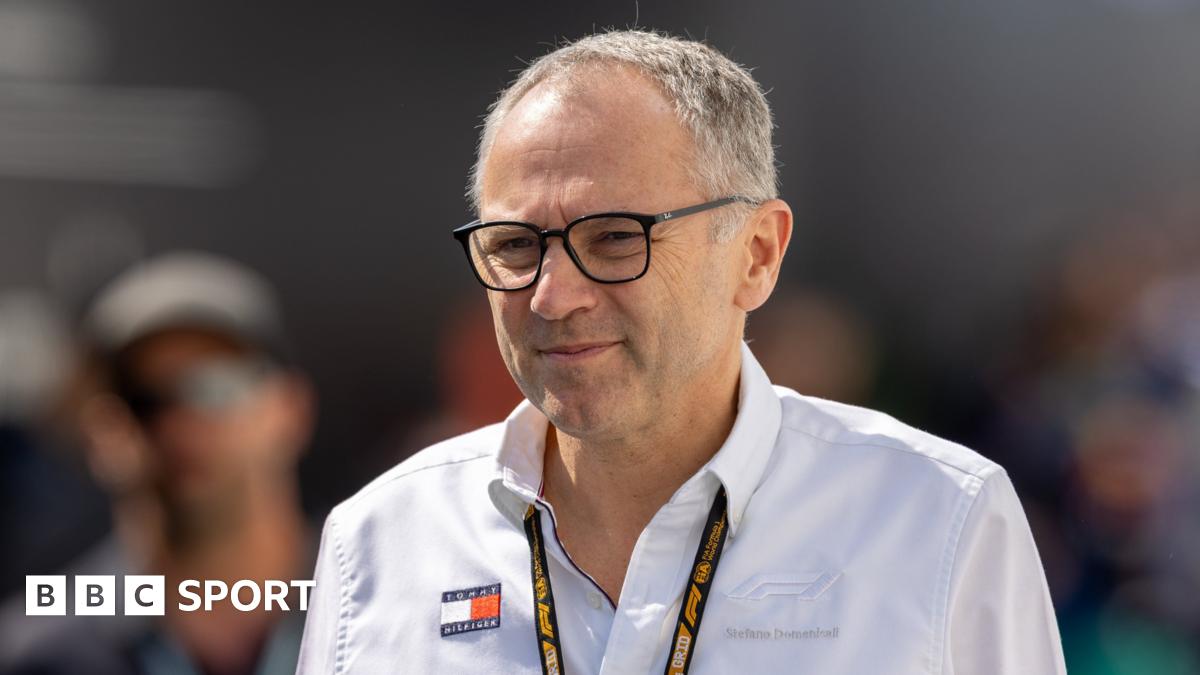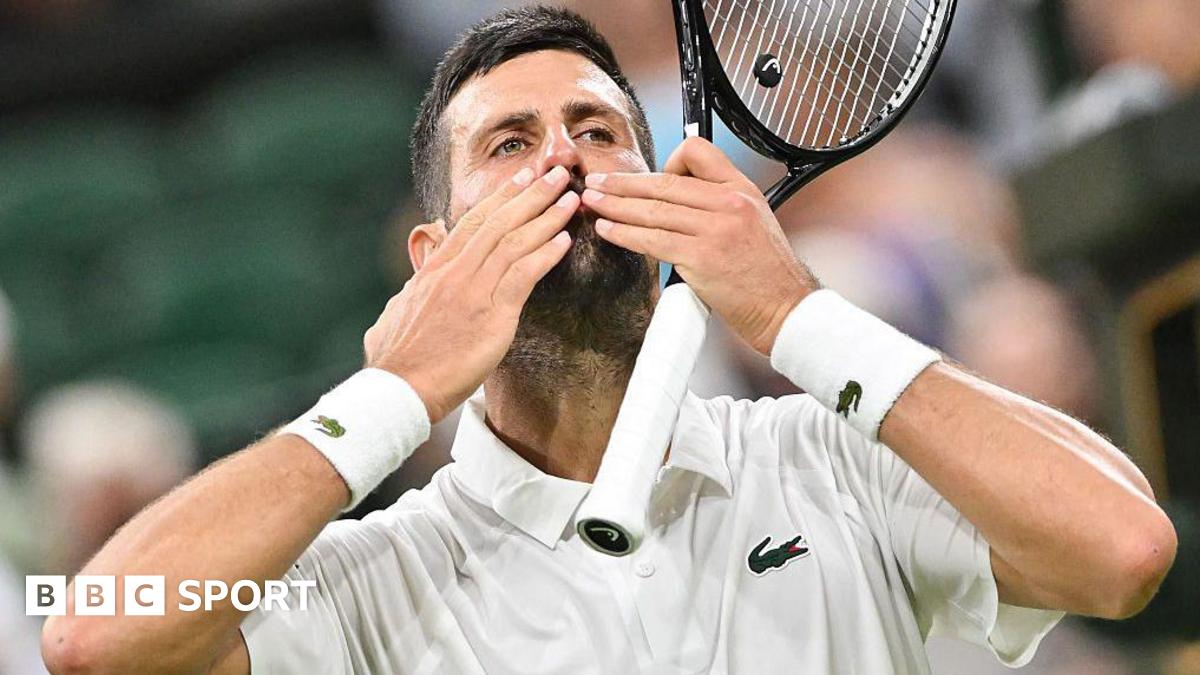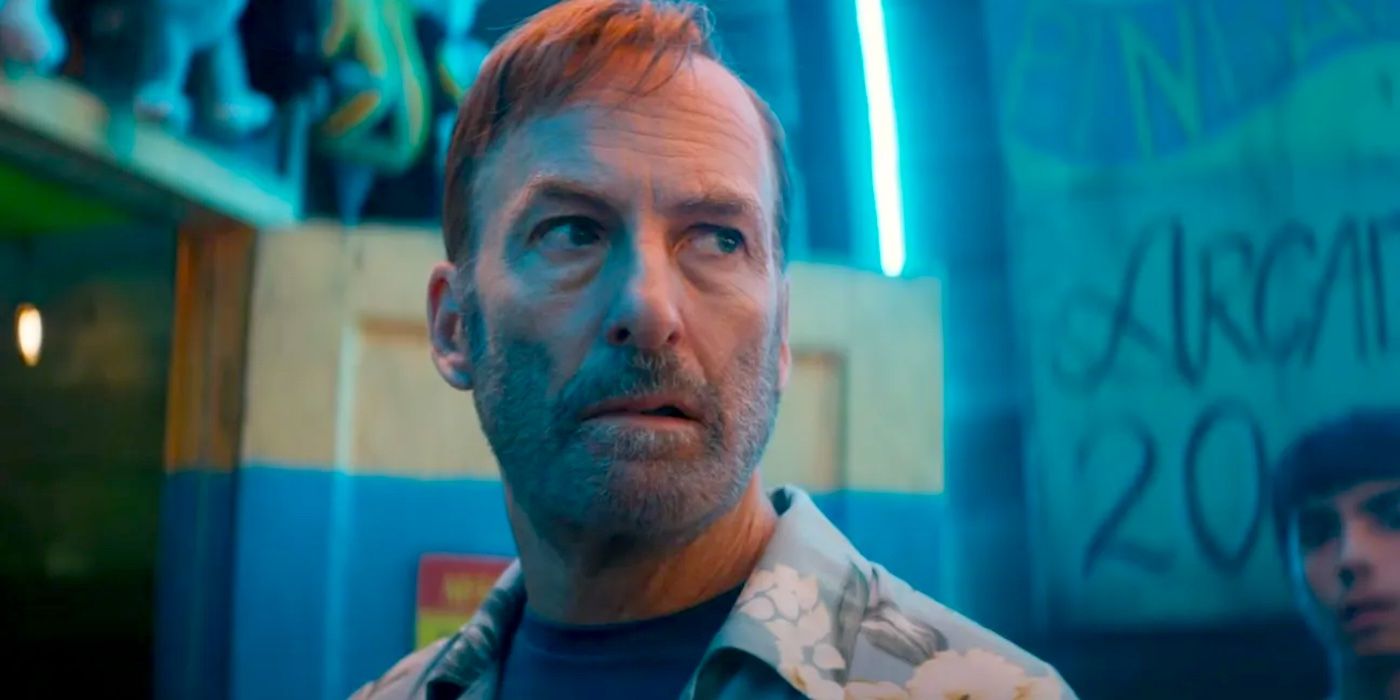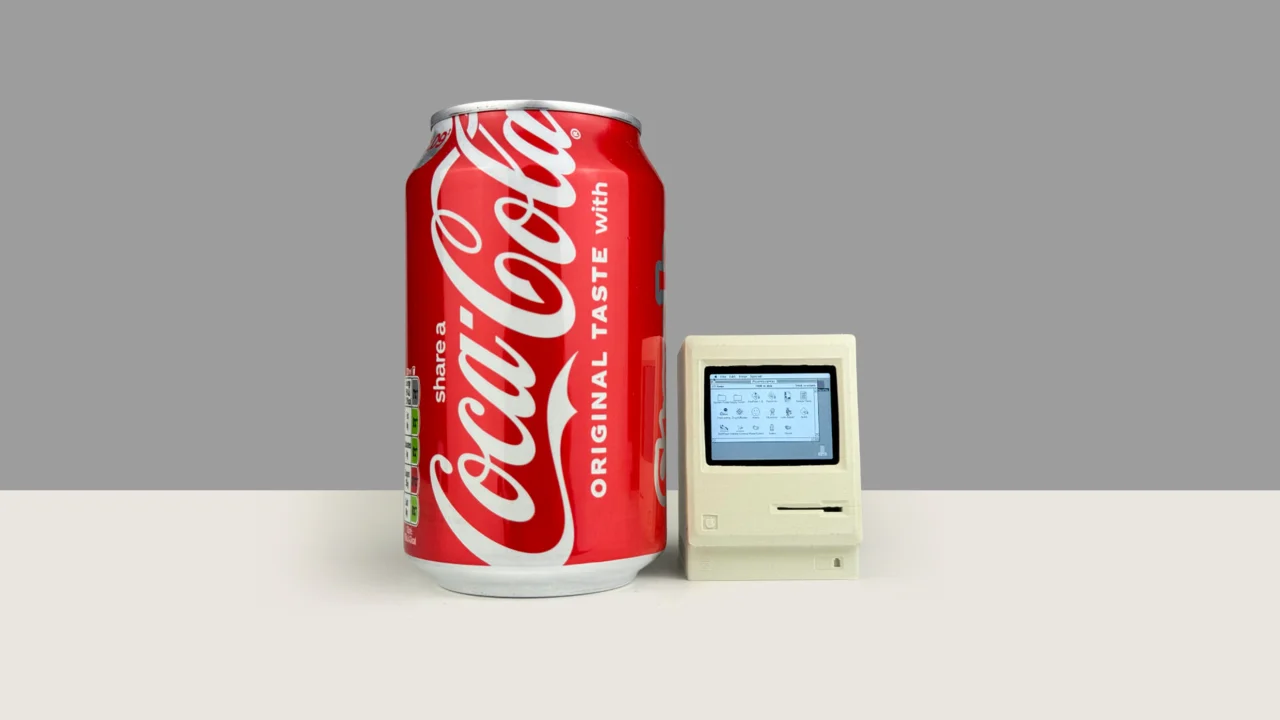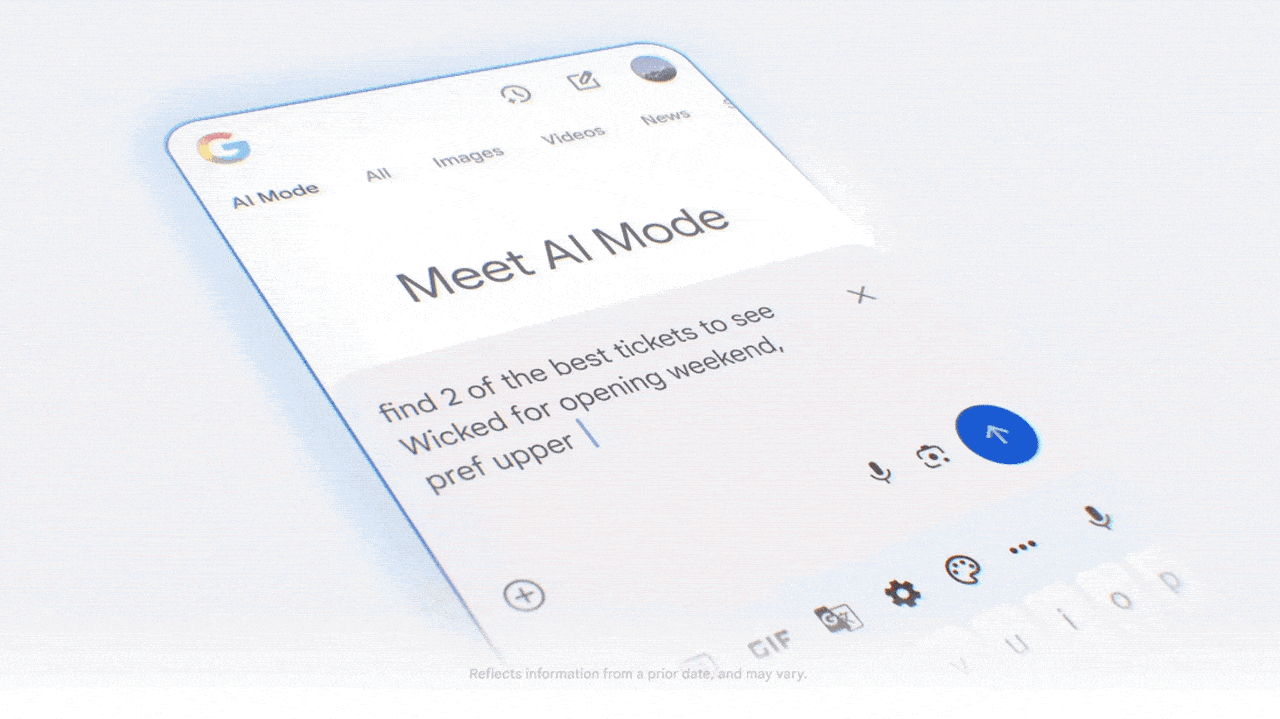The climate tech making retail smarter and more profitable

Retail is changing, but not because it wants to.
From fashion to food, most C-suites are still running on 20th-century systems, designed for a world where raw materials were cheap, landfills were bottomless, and customers didn’t ask hard questions.
That world is gone.
The most forward-thinking retailers and e-commerce companies are adapting. They’re deploying next-generation climate solutions to address core business challenges. In the process, they’re transforming how products are valued.
Two companies—Trove and Wasteless—offer a window into this new logic: climate tech that strengthens margins, deepens loyalty, and delivers a better retail experience for both fashion and food.
Resale is the brand
Resale and secondhand fashion aren’t new. But for years, they lived outside the fashion brand’s control—on platforms like eBay, ThredUp, and Depop. Consumers benefited. Brands lost visibility, margins, and ownership of the customer relationship.
Trove changes that. It enables brands to run recommerce in-house, maintaining control over quality, pricing, and the end-to-end experience.
Brands like Patagonia (Worn Wear), Canada Goose (Generations), and Michael Kors (Pre-Loved) already use Trove’s infrastructure—a tech platform that handles intake, grading, pricing, and fulfillment alongside the new inventory these brands sell through their own websites.
Trove integrates directly into backend operations, so resale doesn’t feel like an add-on. It becomes part of the brand.
And resale has already gone mainstream. In 2024, U.S. secondhand apparel sales approached $50 billion. Nearly 60% of consumers now shop secondhand, and many prefer to buy secondhand directly from brands they trust.
“The consumer would prefer to buy a resale item from the brand that’s essentially certifying it and condition grading it,” CEO Terry Boyle told me on the Supercool podcast. “They’ll pay more for that.”
Brands are paying attention. Brand-owned resale delivers:
- Higher margins than traditional discounting and off-price channels
- Lower acquisition costs—50% to 80% of resale buyers are new to the brand
- Higher lifetime value as resale becomes a reentry point into the brand ecosystem
“We’re not the hard part of being environmentally friendly,” Boyle told me during the podcast. “We’re the easy part. Because we actually make money.”
This model is especially effective for premium and luxury brands, where quality control is paramount. It protects brand equity while offering sub-luxury pricing, without channel conflict.
Boyle added, “That’s why I call resale off-price with a better brand halo.”
Sell it before it expires
Grocery has a different challenge: perishables.
If food waste were a country, it would rank third in global emissions—behind only China and the U.S.—responsible for 8 to 10 percent of the total. For supermarkets, that’s not just an environmental issue; it’s margin and profits expiring in plain sight.
Wasteless engineered a solution.
Its platform applies AI-driven dynamic discounting to supermarket shelves, adjusting prices in real time based on expiration dates.
Two identical tubs of yogurt with different sell-by dates? Trove’s solution reduces the price of the tub that’s expiring sooner, encouraging the consumer to buy it.
Everything is synced to inventory systems and displayed on digital shelf labels.
As Wasteless’ CEO, Oded Omer, told me on the Supercool podcast, “Our goal is not to discount. Our goal is to discount the right amount at the right time in order for the goods on the shelves to be sold.”
The results from three international grocery stores:
- DIA (Spain): 32.7% reduction in food waste
- Hoogvliet (Netherlands): 50% drop in markdown costs
- Carrefour (Argentina): Expanded to all 640 stores after successful pilots in France
Omer doesn’t talk ESG targets. He talks pricing.
“If food waste is just the sustainability department’s job, it won’t get solved,” he added during the episode. “This is pricing strategy. It protects margin.”
And that’s the point; climate tech in retail works best when it solves for margin, not mission.
Design for better outcomes
The most powerful retail innovations don’t ask consumers to change behaviors or make sacrifices. They redesign systems so that better outcomes emerge by default.
Trove doesn’t ask customers to rethink used clothing. It makes resale feel as seamless and trustworthy as buying new.
Wasteless doesn’t preach about food waste. It uses real-time pricing signals to move inventory and optimize supply chains.
Neither company markets itself as a sustainability brand. They’re retail tech providers focused on profit—and performance.
Both solve problems retailers already have. Both harness technology to make it easier to serve customers. And both reduce emissions in the process.
That’s the new climate advantage: not just doing less harm but running a better business.
Josh Dorfman is CEO of Supercool.
What's Your Reaction?
 Like
0
Like
0
 Dislike
0
Dislike
0
 Love
0
Love
0
 Funny
0
Funny
0
 Angry
0
Angry
0
 Sad
0
Sad
0
 Wow
0
Wow
0































